Keeping Your Subaru Warranty Valid: A Comprehensive Guide
Understanding Your Subaru Warranty: The Foundation of Coverage
Before we delve into the specifics, let's briefly clarify what a Subaru warranty entails. When you drive a new Subaru off the lot, it comes with a manufacturer's limited warranty, often referred to as a 'new car warranty.' This typically includes a Bumper-to-Bumper (or Basic) Limited Warranty covering most components and a Powertrain Limited Warranty specifically for the engine, transmission, and drivetrain. There are also usually separate warranties for emissions systems and corrosion. Each of these has a specific duration, usually measured in years or miles, whichever comes first.
The warranty acts as a promise from Subaru that they will repair or replace parts that fail due to manufacturing defects within the specified coverage period. It's a significant financial protection, covering potentially expensive repairs. However, this promise comes with terms and conditions. Familiarizing yourself with these terms, typically found in your owner's manual and warranty booklet, is the very first step toward ensuring your warranty remains valid. Don't just skim it – understand what's covered, what's excluded, and what your responsibilities are as the owner.
The Cornerstone of Validity: Scheduled Maintenance
When it comes to keeping your Subaru warranty intact, there is arguably no more critical factor than diligent and timely maintenance. Subaru designs its vehicles with specific service intervals to ensure optimal performance, longevity, and safety. Deviating from these recommendations can not only compromise your vehicle's health but also put your warranty at risk.
Following the Maintenance Schedule
Your Subaru's owner's manual is your bible for maintenance. It outlines a detailed schedule of services, from routine oil changes and tire rotations to more comprehensive checks like fluid flushes, filter replacements, spark plug changes, and timing belt inspections or replacements. Each service is specified for a certain mileage or time interval. It is absolutely essential to adhere to this schedule. Skipping an oil change, for example, can lead to engine sludge and premature wear, and if a component fails as a direct result of this neglect, Subaru may deny a warranty claim for that specific failure.
Record Keeping is Key
Proof of service is just as important as the service itself. Whether you choose to have your Subaru serviced at an authorized Subaru dealership or an independent reputable mechanic, always ensure you receive and retain detailed invoices for all work performed. These records should clearly state the date, mileage, services rendered, and parts used. These documents serve as tangible evidence that you have fulfilled your obligations under the warranty terms. In the event of a warranty claim, Subaru may request these records to verify that the vehicle has been properly maintained. Without adequate documentation, even if you performed the maintenance, your claim could be jeopardized.
Navigating the Waters of Modifications: What's Safe and What's Risky?
Many Subaru owners love to personalize their vehicles, whether for enhanced aesthetics, improved performance, or off-road capability. While modifications can be exciting, they are a common area of concern when it comes to warranty validity. The good news is that not all modifications will automatically void your entire warranty.
The Magnuson-Moss Warranty Act
This federal law is a consumer's best friend. It essentially states that a manufacturer cannot void your entire warranty simply because you've installed an aftermarket part. For Subaru to deny a warranty claim, they must prove that the aftermarket part directly caused the failure of the warranted component. For example, if you install an aftermarket air filter, and your radio stops working, Subaru cannot deny the radio claim based on the air filter. However, if that air filter fails and allows debris into the engine, causing engine damage, then a warranty claim for engine repair could be denied.
"Go Fast" Parts and Performance Modifications
This is where things get tricky. Performance modifications like ECU tuning (flashing), turbo upgrades, aftermarket exhaust systems that alter back pressure, engine internals, or significant suspension changes (e.g., radical lift kits) carry a higher risk. If a powertrain or drivetrain component fails, and Subaru can demonstrate that the modification directly contributed to that failure, then coverage for that specific failure may be denied. For instance, an aggressive ECU tune that increases boost pressure beyond factory specifications could lead to premature engine failure, for which Subaru would likely deny a warranty claim. Always consult your dealership or Subaru of America before making significant performance-enhancing modifications.
Cosmetic vs. Functional Mods
Generally, purely cosmetic modifications that don't affect the vehicle's mechanical or electrical systems are low-risk. Things like window tinting, interior trim pieces, or even wheels and tires (as long as they maintain proper size, offset, and load ratings to avoid interference with suspension or bodywork) are usually fine. However, modifications that alter functionality, such as major suspension lifts, exhaust systems, intake systems, or anything that impacts sensors or the ECU, should be approached with caution and thorough research. When in doubt, it's always best to ask your Subaru service department or an official Subaru representative for guidance.
Common Exclusions and What Won't Be Covered
Even with meticulous maintenance and careful modification choices, there are certain situations and types of damage that your Subaru warranty simply won't cover. Understanding these common exclusions can prevent disappointment and unexpected repair costs.
Wear and Tear Items
Your warranty is designed to cover manufacturing defects, not parts that naturally wear out through normal use. Common wear and tear items include brake pads and rotors, tires (unless defective from the factory), clutch discs, wiper blades, light bulbs, and various fluids (unless fluid loss is due to a warrantable defect). These items are considered consumables that require regular replacement at the owner's expense.
Lack of Maintenance or Abuse
As discussed, neglecting your maintenance schedule is a primary reason for warranty denial. Beyond that, any damage caused by misuse, abuse, racing, off-roading beyond the vehicle's designed capabilities, overloading, or using the wrong type of fuel or fluids will not be covered. Accidental damage from collisions, vandalism, or theft is also outside the scope of a manufacturer's warranty, typically falling under your auto insurance policy.
Environmental Factors and External Damage
Your Subaru warranty does not cover damage caused by external factors such as floods, hail, earthquakes, tree sap, road salt, or other acts of nature. Similarly, damage from road hazards like potholes, flying debris, or curb strikes is not covered. These are risks generally covered by your comprehensive or collision insurance.
Aftermarket Part Failure
While the Magnuson-Moss Act protects you from blanket warranty voidance, if an aftermarket part itself fails, or if its failure directly causes another component to fail, Subaru will not cover the repair of either the aftermarket part or the resulting damage. It's crucial to choose high-quality aftermarket parts and ensure they are installed correctly.
Conclusion
Your Subaru warranty is a valuable asset, offering peace of mind and protection against unexpected mechanical failures. By understanding its terms, diligently following the recommended maintenance schedule, carefully considering any modifications, and being aware of common exclusions, you can effectively safeguard your investment. Remember, an informed owner is a protected owner. Keep your service records meticulously, think twice before making radical modifications, and always refer to your owner's manual for guidance. By taking these proactive steps, you'll ensure your Subaru remains covered, allowing you to focus on the adventures ahead without worrying about the fine print. Happy driving!Where can I find my VIN?

Related Topics
- The New Audi Owner's Guide: Understanding Your Factory Limited Warranty (and What's Covered)
- New vs. CPO Audi: A Deep Dive into Warranty Coverage
- Decoding the Coverage: What Is (and Isn't) Included in the Standard New Audi Warranty?
- Transferring Your Audi Warranty: A Guide for Selling or Trading In Your Vehicle

